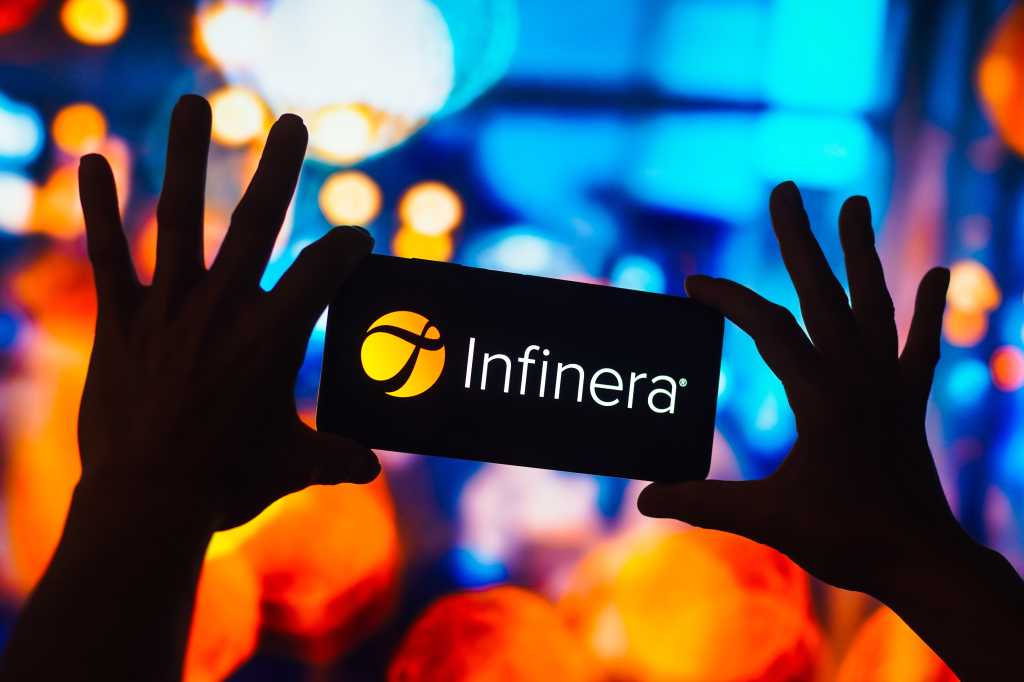“For Nokia to really make a difference in the optical networking area, they need the scale and a footprint in the data center,” Das said. “Nokia is pretty strong with routers and switches whereas Infinera is strong on optical product. And the enterprise absolutely needs both.”
Richard Kramer, managing director at Arete Research in London, tracks Nokia’s financial performance. He said that some of Nokia’s return on investment from this deal will be impacted by what firm customer contracts Infinera is bringing to Nokia.
“It will really depend on whether [Infinera] has hyperscale deals locked up with new products,” Kramer said.
Nokia is offering to pay Infinera shareholders a premium of 28% over Infinera’s share price at the close of business on June 26, and a 37% premium over the average price over the last six months, with at least 70% of the consideration paid in cash. Nokia’s board of directors has said it will accelerate Nokia’s share buyback program to offset the dilution from the deal.
In a statement, Nokia said, “Infinera has built a solid presence in the North America optical market, representing ~60% of its sales, which will improve Nokia’s optical scale in the region and complement Nokia’s strong positions in APAC, EMEA and Latin America.” Nokia’s statement pointed out that even the combined company will not have a strong position in China, which is an ongoing concern with US officials.
“Internet content providers — ICP or webscale as Nokia typically calls this segment — make up more than 30% of Infinera’s sales. With recent wins in line systems and pluggables, Infinera is well established in this fast-growing market,” the Nokia statement said. “Infinera has also recently been developing high-speed and low-power optical components for use in intra-data center (ICE-D) applications and that are particularly suited to AI workloads, which can become a very attractive long-term growth opportunity. Overall, the acquisition offers an opportunity for a step change in Nokia’s penetration into webscale customers.”

